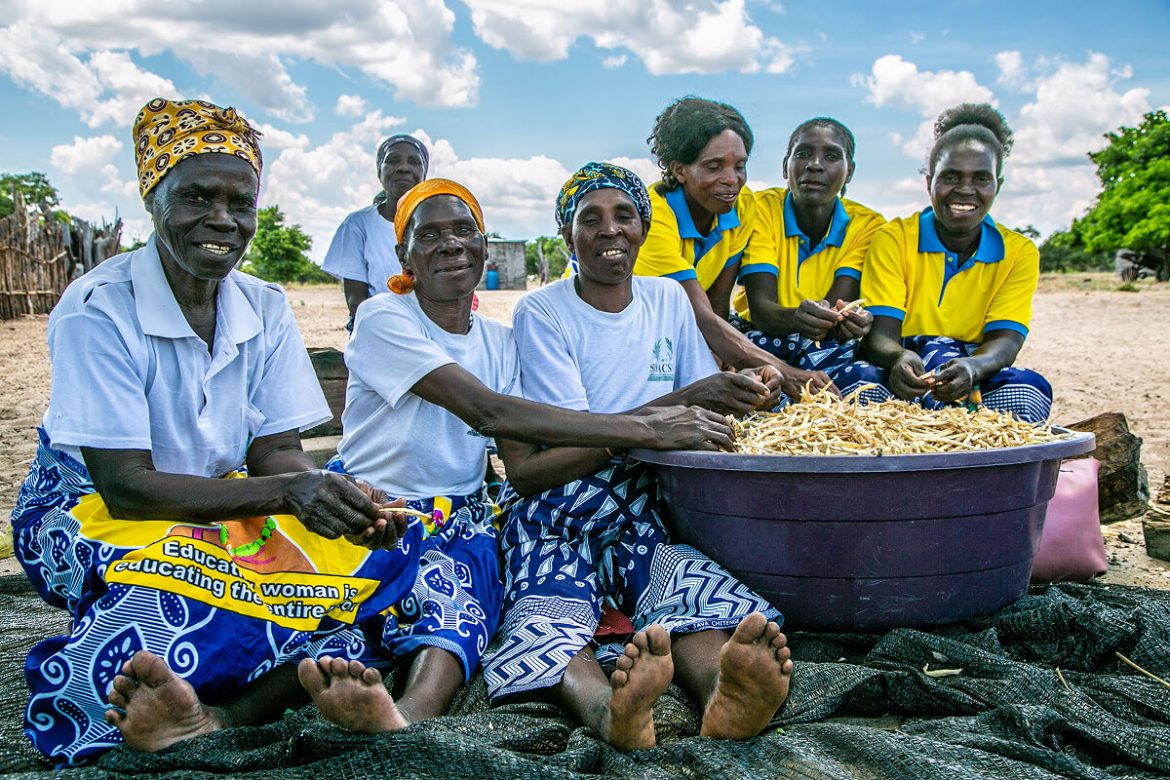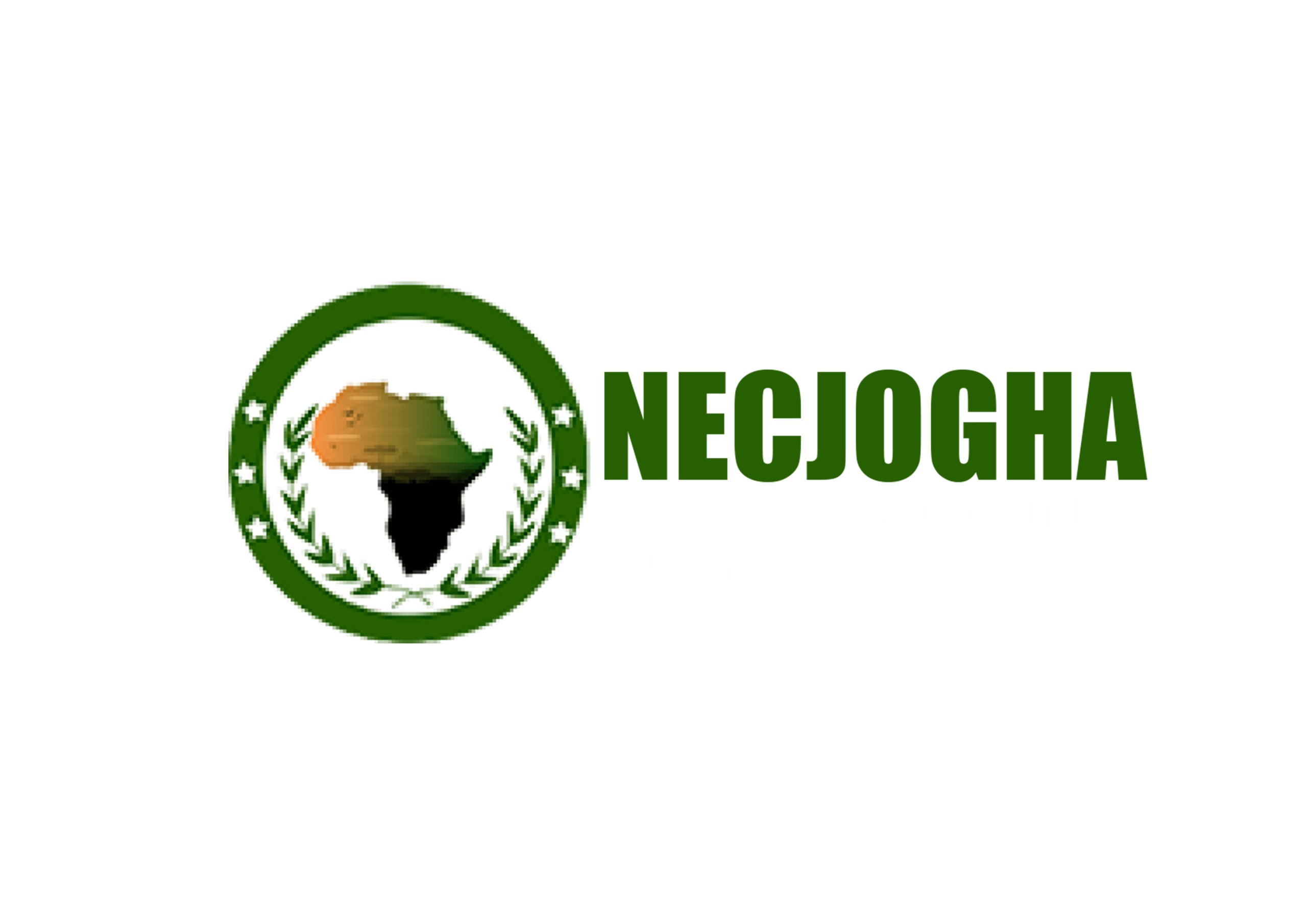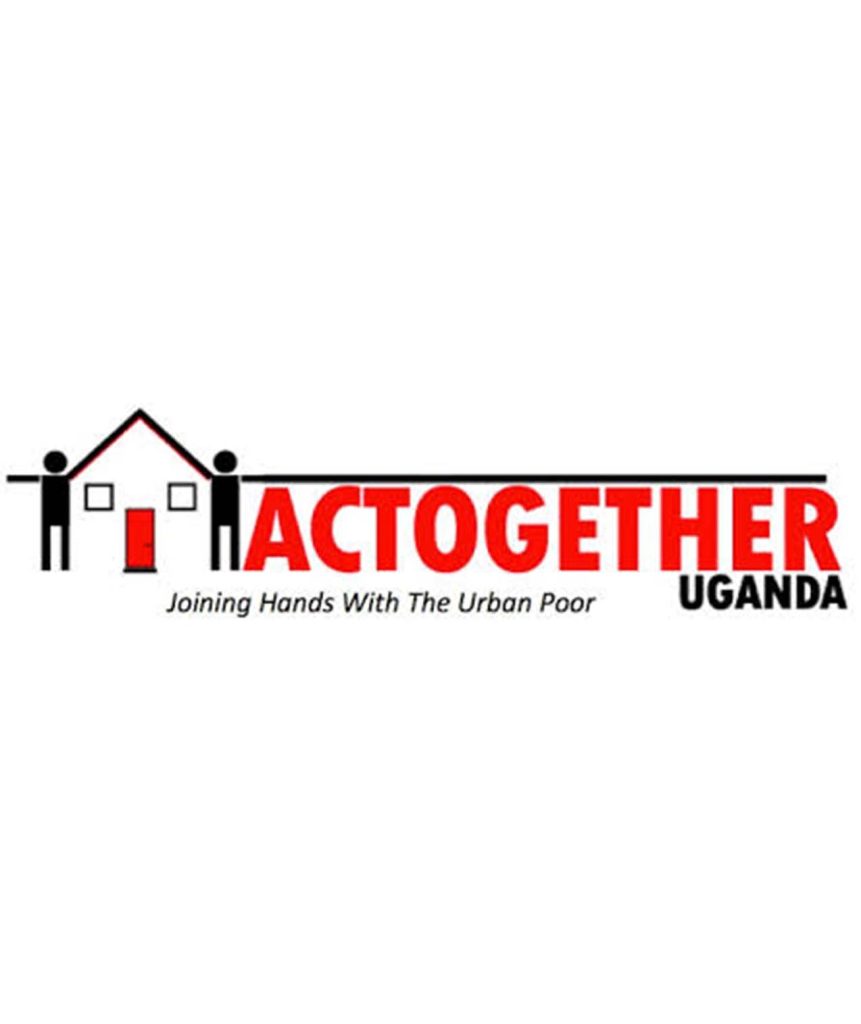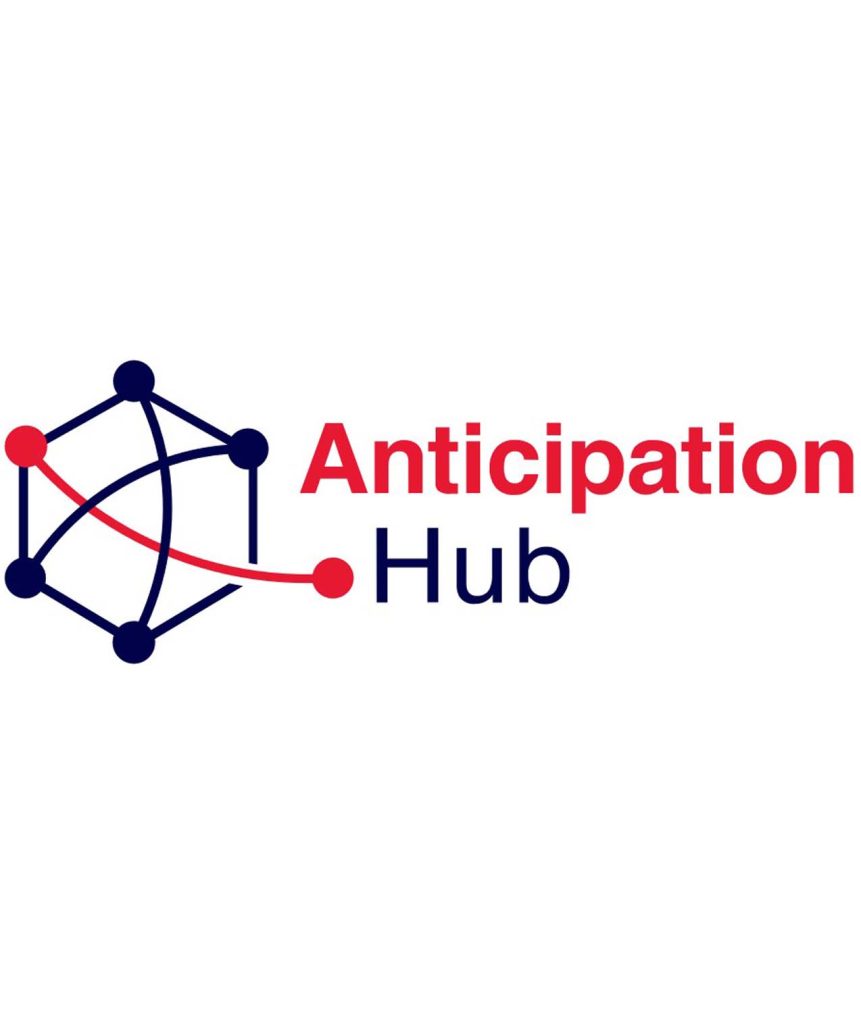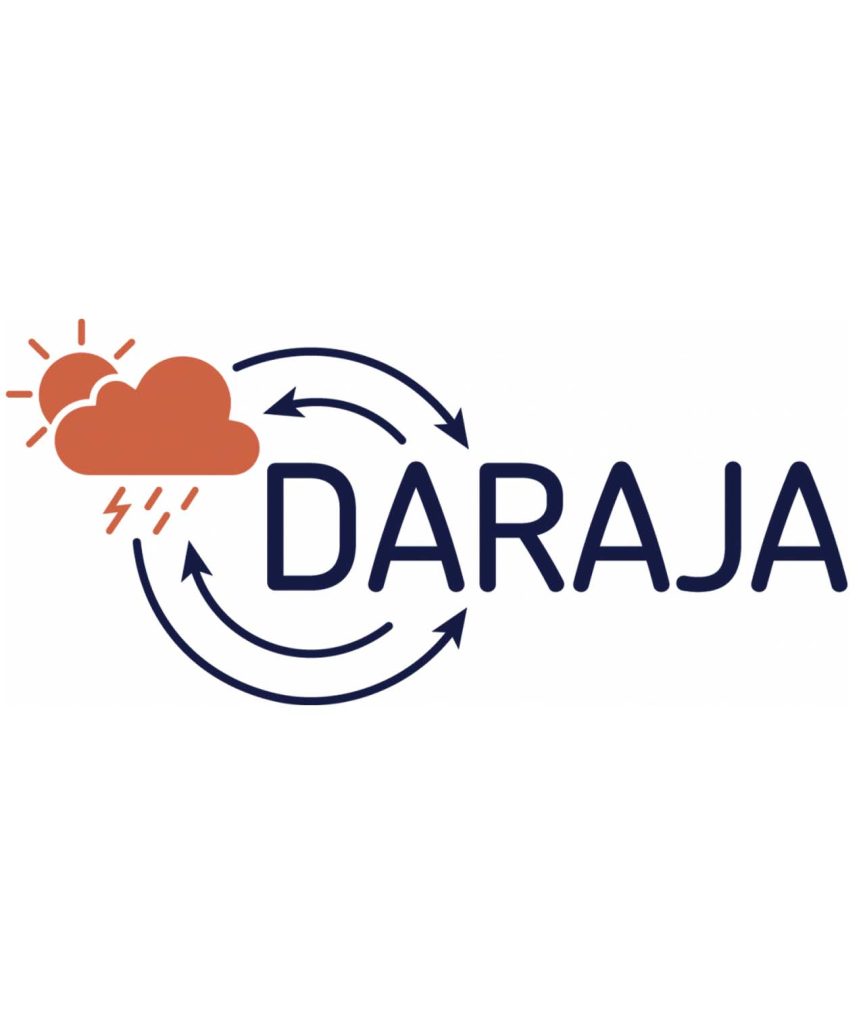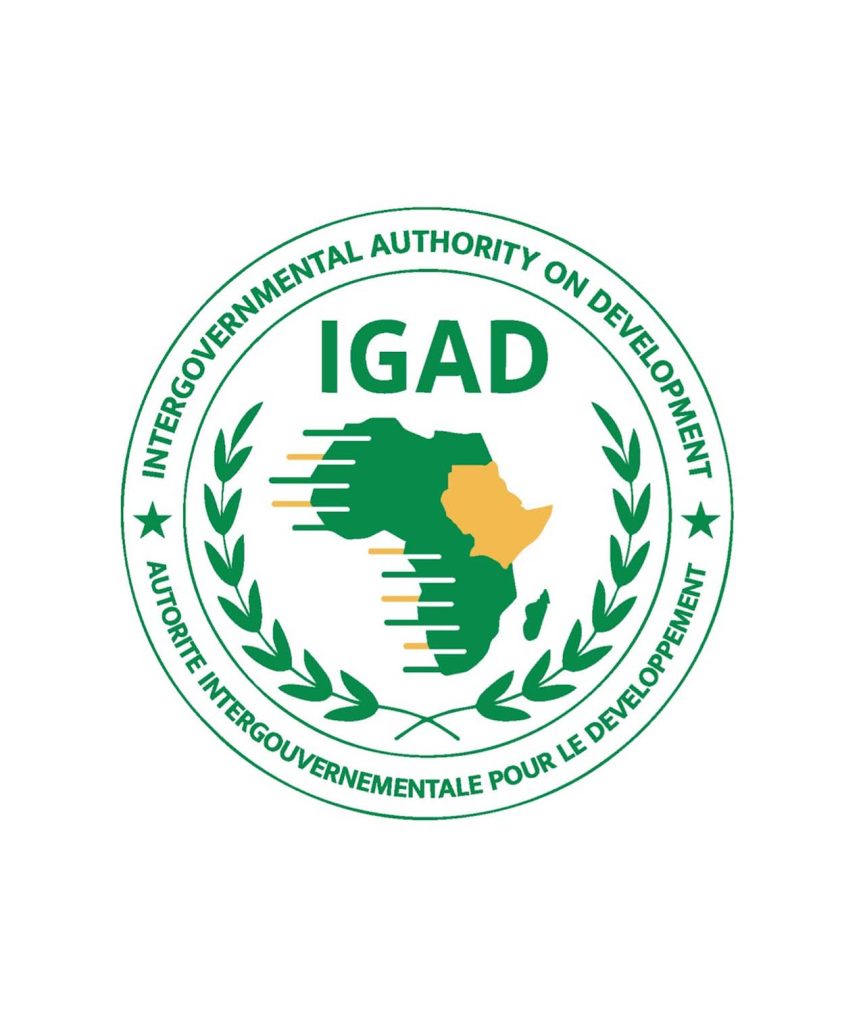Table of Contents
UNDRR is the United Nations’ focal point for the coordination of disaster risk reduction, working with countries and a broad range of partners and stakeholders to support the implementation, monitoring and review of the Sendai Framework for Disaster Risk Reduction 2015-2030 in coherence with the 2030 Agenda and other instruments, for the multi-hazard management of disaster risk in development and the substantial reduction of disaster risk and losses.
UNDRR issues grants, in line with UN Financial Regulations and Rules, to apolitical and not profit-making organisations to facilitate, implement, or carry out activities related to UNDRR’s and the partner’s mandates and work programmes.
To this end, UNDRR invites non-profit-making organisations to submit grant proposals that focus on the project described below.
A well-functioning early warning and early action system has proven to be one of the most effective ways to combat disaster impacts by protecting lives and livelihoods, reducing loss and damage, preventing displacement, and reducing humanitarian needs. This is well reflected in the Sendai Framework for Disaster Risk Reduction 2015-2030. Target G of the Sendai Framework aims to “substantially increase the availability of and access to multi-hazard early warning systems and disaster risk information and assessments to people by 2030”. Priority 4 of the Framework calls on all countries to invest in, develop, maintain and strengthen people-centred multi-hazard, multisectoral forecasting and early warning systems, disaster risk and emergency communications mechanisms, social technologies, and hazard-monitoring telecommunications systems.
However, in the General Assembly Political Declaration of the midterm review of the Sendai Framework, Member States expressed deep concern that coverage of and accessibility to multi-hazard early warning systems remains inadequate, especially in Africa and committed to promoting the further development of and investment in effective local, national and regional multi-hazard early warning mechanisms that lead to early action. Currently, only 45 per cent of countries in Africa report the existence of such systems, according to UNDRR’s 2023 report on the Global Status of Multi-Hazard Early Warning Systems.
The Early Warning for All (EW4All) Multi-Stakeholder Forum held in Namibia on 2021 October back-to-back with the Ninth Session of the Africa Regional Platform for Disaster Risk Reduction, call for an acceleration in the implementation of EW4ALL in Africa, called for an improved coordination and collaboration among from government institutions, UN and IGOs, and stakeholders from financial, academic, civil society, youth, persons with disabilities and the private sectors, for ensuring inclusive, people-centered and end-to-end Multi-Hazard Early Warning Systems. The forum remarked the need to increase national investments in early warnings, supporting the use of technologies for improving access and use of risk information, foster innovation and increase capacities of national institutions leveraging on regional and continental organizations.
Climate forecasts and alerts are not sufficient when implemented alone. Early warnings must be merged with risk information to ensure advisories target the most vulnerable and are impact-based. Many disaster impacts are already baked in at the moment of infrastructure development. In Africa, private sector resilience is a key component of community resilience. With 90% of employment driven by small to medium enterprises, and some of the highest growing economic sectors in the world, supporting the private sector to use early warnings systems is key to the success of the Early Warnings for All Initiative.
Strengthening private sector engagement in Early Warnings for All requires a two-pronged approach: first, recognizing the role that businesses play in enhancing the effectiveness of early warning systems, and second, ensuring that the private sector itself benefits from such systems. On one hand, private sector actors-ranging from telecommunications companies to logistics providers, insurers, and technology firms-hold critical assets, networks, and expertise that can accelerate dissemination of alerts, improve last-mile connectivity, and drive innovation in forecasting and communication. Their participation makes early warning systems more inclusive, accessible, and scalable. On the other hand, early warnings reduce operational risks for businesses, particularly small and medium-sized enterprises that often lack buffers against climate and disaster shocks. Access to timely and impact-based warnings allows companies to protect their workforce, safeguard assets and supply chains, and maintain continuity of operations, ultimately enhancing competitiveness and resilience. By combining these two dimensions, investment in private sector engagement ensures that early warning systems not only save lives but also protect livelihoods and foster sustainable economic growth across Africa.
This programme will contribute to “Disaster Risk Reduction Capacity Building in Africa” programme, which is implemented in partnership with the African Union Commission (AUC). This programme will leave a legacy of in-house capacity in Africa to effectively strengthen the resilience of future telecommunications infrastructure investments. This will compound with the expected impact of identifying and cultivating private sector engagement in the Early Warnings for All Initiative, to accelerate progress, and ensure cross sectoral collaboration in its implementation.
Purpose
This grant will support and facilitate the engagement of interested African private sector entities with operations in Tanzania and Cote d’Ivoire in the implementation of the Early Warnings for All Initiative. It will also develop the capacity building tools by strengthening the engagement between the private sector and academic and research institutions.
Outcome, Output and Suggested activities
By enhancing engagement of the private sector in the Early Warnings for All Initiative, the implementation of this grant would contribute towards the enhanced effectiveness, inclusiveness, and sustainability of Early Warnings related efforts in Africa. For this grant, the expected outcome is for private sector entities with operations in Tanzania and Cote D’Ivoire . As a result, African countries will become less dependent on international support to anticipate, prepare for, and respond to disasters caused by natural hazards and the impacts of climate change while investing in business resilience and private sector engagement to drive economic growth and resilience in the continent.
- Output 1: Integration of key African private sector entities in Early Warnings for All initiative efforts in Africa including through the strengthening of private sector engagement in National Disaster Risk Reduction platforms
- Output 2 : Strengthen small-to-medium enterprise capacity to receive, inform, and act on early warnings
Output 1: Integration of key African private sector entities in Tanzania and Cote D’Ivoire in the Early Warnings for All initiative efforts in Africa, including through the strengthening of private sector engagement in National Disaster Risk Reduction platforms
- Mapping of key private sector companies in Tanzania and in Cote D’Ivoire at stakeholders at various scales and sectors, classified by how the Early Warnings for All Initiative can integrate their needs and use cases.
- At least 1 national consultation in Tanzania and 1 national consultation in Cote d’Ivoire in the run up to an EW4A workshops or National Disaster Risk Reduction Platforms with national private sector on using and leveraging private sector in Early Warnings for All and Disaster Risk Reduction activities. The consultations must be undertaken in the two months following the signature of the grant agreement.
- Update the Early Warnings for All roadmap with private sector inputs in Tanzania and Cote d’Ivoire by March 2026.
Output 2: Strengthen small-to-medium enterprise capacity to receive, inform, and act on early warnings Prepare guidelines or handbooks on early warnings for small to medium enterprises leveraging resources such as the Resilience in A Box Toolkit.
- Preparation of a self-paced e-learning module on the guidelines and integrate in to the Network of Centers of Excellence for Disaster Risk Reduction e-learning platform
- Development of public awareness materials related to SME resilience including on the developed guidelines, and the training module with a view to facilitating wide-spread uptake of the training module
- Conduct one in-person workshop in Tanzania, and one in Cote d’Ivoire for national stakeholders, National Disaster Management Authorities, Association of Private Sector organizations, Chamber of Commerce, on SME resilience and business continuity related to the guidelines in the two countries no later than April 2026. Support national stakeholders in disseminating awareness of the training materials to facilitate wide-spread uptake of the training module
Resources
The following resources should be considered in preparing the proposal
- Early Warnings for All
- Early warnings for all: Executive action plan 2023-2027 Early warnings for all: Executive action plan 2023-2027 | PreventionWeb
- Africa Network of Centers of Excellence for Disaster Risk Reduction
- Capacity Building Initiatives by the Network of Centers of Excellence for Disaster Risk Reduction
- Principles for Resilient Infrastructure
- The institutional and operational Framework for Multi-Hazard Early Warning and Early Action System (MHEWAS) Africa Multi-Hazard Early Warning and Early Action System | United Nations Development Programme
- Handbook on the use of risk knowledge for multi-hazard early warning systems 2024 Handbook on the use of risk knowledge for multi-hazard early warning systems 2024 | UNDRR
Elements specific to the project that the grantee should know
All International and national non-governmental organizations that wish to be considered for partnership opportunities with UNDRR will need to register and create a profile on the United Nations Partner Portal (UNPP). Following verification of the profile information, partners will be eligible to apply to partnership opportunities with UNDRR as well as the UN Secretariat and all other participating UN Organizations.
We encourage you to start the registration as soon as possible to avoid delays. Only registered organizations whose profile has been successfully verified will be considered eligible partners to apply for grant opportunities with UNDRR.
For more details on registration procedures please visit the UN Section of UNPP.
Furthermore, the United Nations system requires all partners to be assessed regarding their capacity to prevent and respond to sexual exploitation and abuse. UNDRR encourages implementing partners to use the Protection from Sexual Exploitation and Abuse (PSEA) module in the UNPP. PSEA Module User Guide CSO Partner Members
- Applicant must have experience in working in disaster risk reduction, capacity, early warning, and risk knowledge in Cote d’Ivoire, Tanzania, with clear example of at least 1 project per country in the last 5 years.
- Applicant must have a minimum of 5 years of experience in Early Warning and Early Action in Africa, demonstrated with clear examples of at least 5 projects of similar scope and size in the last 3 years.
- Applicant is expected to provide relevant information of their local expertise, including experience of working with regional and local key private sector stakeholders, and established consultation and feedback mechanisms with local communities, as well as target number of organisations reached through activities in Output 2
- For all training, workshops, consultative meetings, etc., the grantee must provide a summary outcome of the events, list of participants with disaggregated information including names, affiliation, gender, email address, city, and country of representation. All events must be accompanied by relevant reports with photos as proof of evidence.
- The grantee shall acknowledge the financing support from UNDRR in the execution of all project activities and deliverables.
Budget and administrative-related aspects
The duration of the proposed project cannot exceed 9 months. The maximum amount requested from UNDRR for the implementation of this project cannot exceed 100.000 USD. Output 2 must be completed by 30 June 2026. The project proposal must not exceed 10 pages (attachments such as scanned copies of entity’s registration, CVs of staff etc. do not count).
For this purpose, please fill in duly all the sections of the application form, include the required documents (scanned copy of NGO/IGO’s registration certificate, CVs of staff etc.) and budget excel sheets, and send the complete application package (application form, budget excel sheets, entity registration certificate, CVs of staff, etc.) to the following email address: undrrgrantproposal@un.org
Reference: 2025 007 Call for Proposals – Private Sector Engagement in Early Warnings and Resilient Infrastructure in Africa
Deadline for applications: 24th of October 2025, midnight New York, USA EST (Eastern Standard Time). Incomplete and/or late applications will not be considered.
Projects’ activities can include, amongst others, the following:
- seminars, workshops,
- trainings;
- capacity building activities;
- institutional strengthening activities and
- advocacy
The following types of activity will not be covered:
- capital expenditure, e.g., land, buildings, equipment, and vehicles;
- individual scholarships for studies or training courses;
- supporting political parties; and
- sub-contracting
Due to the number of applications; only short-listed applicants will be notified.
Please note that the grant payment schedule will be determined with the selected grantee when finalizing the agreement. UNDRR standard practice is: not to exceed 40% of the requested amount upon signature of the grant agreement; remaining payments made based on a schedule of payments linked to production of project milestones and the final payment, 20%, will be paid after the end of the project, once final documents have been received, verified and approved by UNDRR.
Refund of grants: UNDRR may request organizations to refund, either in part or in whole any amounts paid in respect of a grant when:
- the project was not implemented in full or in part;
- the grant was spent for ineligible expenditures other than those mentioned in the budget proposal submitted to, and approved by UNDRR;
- no narrative, financial or audit report was submitted within the deadline established by the grant agreement;
- a narrative report and/or a financial report submitted was determined to be unsatisfactory;
- a negative evaluation of the project by UNDRR;
- any other valid reason provided by the UNDRR.

